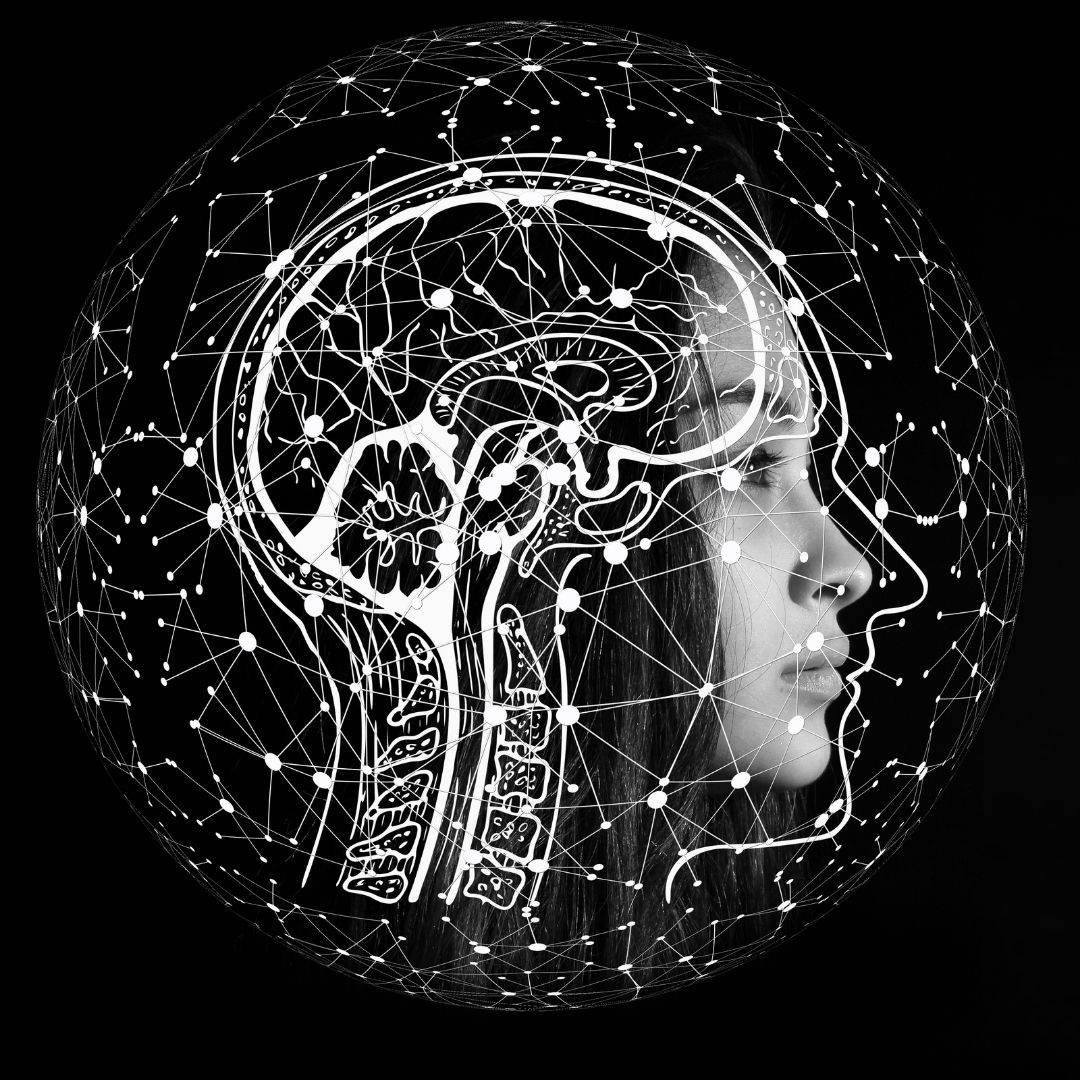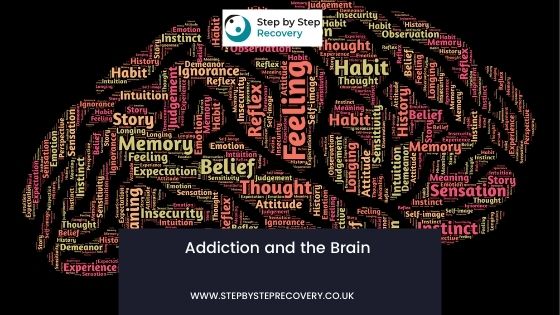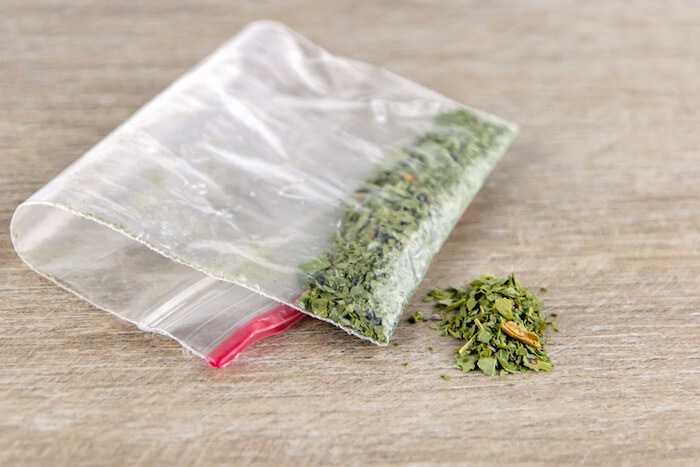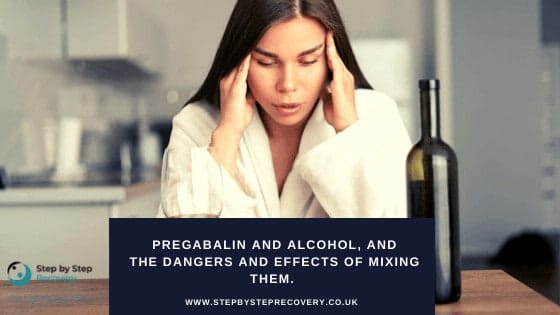Updated January 2023
Although significant progress is being made in the way people understand addiction, it can be difficult to accept that you cannot get clean without help if you are struggling with it. You may feel ashamed or guilty and scared of what your friends, family and colleagues will think if they know you need to attend a residential rehab centre.
Addiction is not a choice. It is now recognised as a chronic brain disease, influenced by factors such as genetics and the environment. Understanding how addiction affects the brain is key to breaking down stigma and encouraging people to seek and find treatment.
How Addiction Changes the Brain
Extensive studies and research has resulted in the majority of the medical community and healthcare professionals recognising addiction as a chronic brain disease. This is because of the way addiction causes changes in your brain.
To understand how these changes occur, you first need to understand how your brain works. Your brain is made up of neurons that form circuits, which control how your brain functions and the chemicals released. Natural stimuli, such as food, sex, and even activities that give you a feeling of accomplishment, activate these neurons. This results in the release of various chemicals, including dopamine, often referred to as the “feel-good chemical” because it produces a sensation of pleasure.
To ensure you repeat this behaviour, a part of your brain’s circuit, often referred to as the reward system, stores memories of when dopamine is released, encouraging you to repeatedly engage in the same behaviours. So, when you use a substance such as cocaine or drink alcohol, the way neurons communicate is altered, and the reward system triggers a larger release of dopamine than natural stimuli can.
Over time, your brain adjusts and more dopamine is needed to feel the same level of pleasure. This results in what is referred to as tolerance and a drive to take more of the substance in the hope of achieving the same feeling created when you first used it.
Studies into addiction have used MRI scans to determine that specific physical changes in the structure and function of the frontal cortex occur in the brains of addicts. As the frontal cortex is a significant part of your brain, controlling self-regulation, impulse and motivation, your impulse control and judgement are affected if you suffer from addiction. This is why you experience intense cravings and a compulsion to obtain and take the substance you are addicted to, regardless of the consequences.
Following the immediate effects of alcohol or drugs on the brain, changes in the structure and function of the brain can last for extended periods or may even be permanent. Consequently, various cognitive and emotional changes can occur for long periods following a detox.
Cognitive changes due to addiction can include:
- Obsession with using substances or addictive behaviours
- An altered sense of the reality of addiction
- A false belief that your problems are not consequences of your addiction
- Cognitive impairment
- Impacted motor function.
Emotional changes as a result of addiction may include:
- Anxiety
- Dysphoria
- Emotional distress
- Paranoia
- Feeling overwhelmed
- Irritability/Aggression
- Mood swings.
Consequently, even when you have completed a detox and your body is clean, the brain does not “detox”. These changes in the brain mean external stimuli and emotions can trigger cravings, even when the substance is no longer in your body. This is why relapse often occurs if comprehensive addiction treatment is not provided following a detox from drugs or alcohol.

Characteristics of Addiction
Addiction is characterised by:
- Resistance to accepting you have a problem
- Inability to abstain from a specific substance or behaviour for extended periods
- Impairment in judgement and control
- Craving or increased need or desire for drugs or rewarding experiences
- Cravings and addictive behaviours triggered by external cues
- A risk of relapse even after long periods of abstinence.
Treatment for Addiction at Step-by-Step Recovery
At Step by Step Recovery residential rehab centre in Essex or at our outpatient addiction clinic in London, our team of addiction treatment specialists have extensive experience in treating all kinds of addictions. Following an initial assessment, we can provide a medically assisted detox to reduce the effects of withdrawal symptoms. This is followed by a personalised addiction treatment plan that considers and accommodates your individual needs and circumstances.
The length of your rehab treatment will ultimately depend on the severity of your addiction and which substances you’ve been using. During residential rehab, you will participate in various types of therapy and recreational activities to learn healthy ways to cope with challenges and emotions that elicit cravings. We don’t believe in a “one size fits all” approach to addiction treatment. During your stay, you will be fully supported and our counsellors will adapt your treatment plan as required.
If you’re suffering from addiction or someone you love needs help, call us now for free advice about addiction treatment on 0800 170 1222 or complete our contact form. Our dedicated team are here to explain your treatment options and the next steps.




